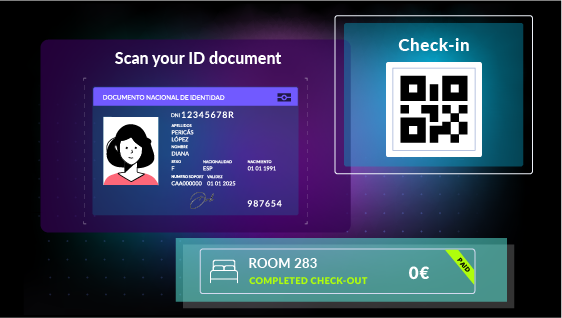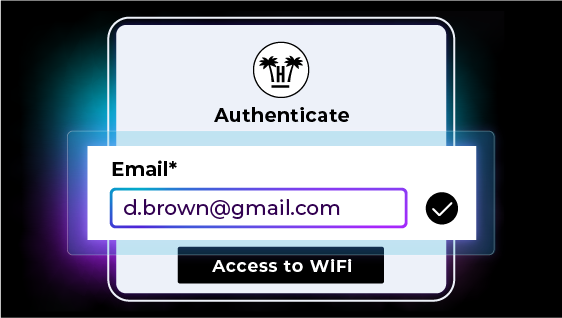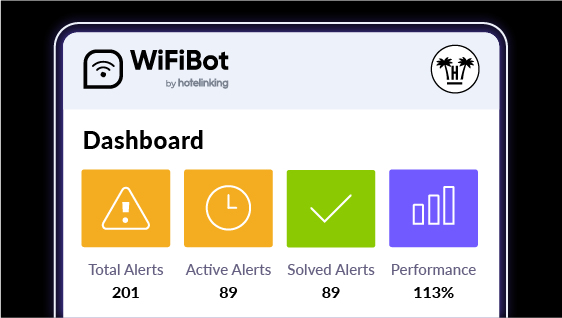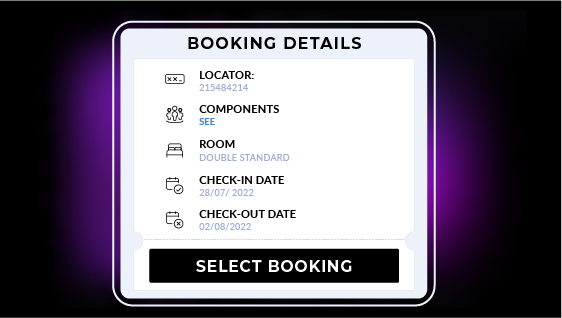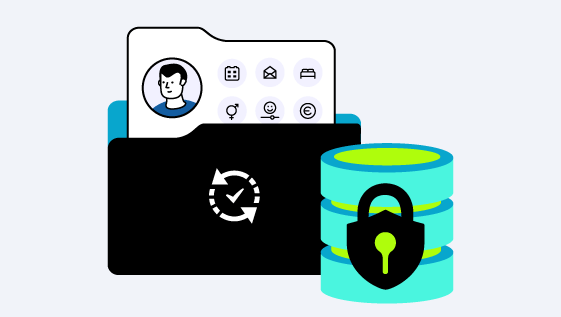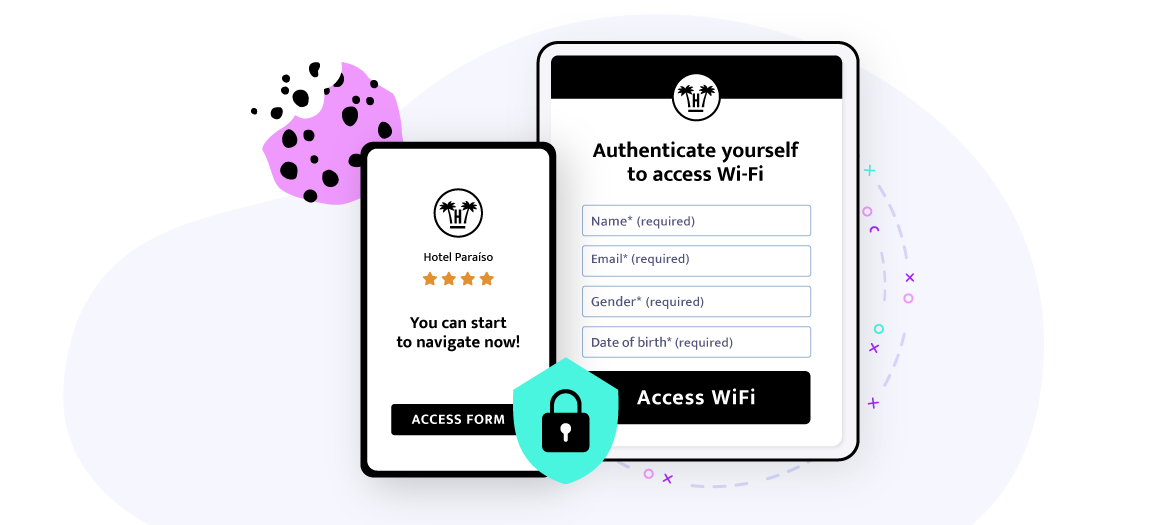
How to survive to a world without third-party cookies
Having your own databases and tools to collect user information on your hotel’s website will be crucial after this change in the game rules expected in 2024.
If we have already seen that implementing Google Analytics 4 for your hotel is now a task of the present, in 2024 another important change will come to the Internet ecosystem: the elimination of third-party cookies, the ‘cookiecalypse’ announced by Google. Currently, user data can be shared more than we imagine. And it is that cookies are the basis of current analytics – the transition to GA4 prepares for this new change – and digital advertising. Tools such as machine learning on which GA4 is based will help to fill the gap left by the absence of third-party cookies.
On average, a website shares its visitors’ data with more than ten third parties. This, coupled with the consolidation of the General Data Protection Regulation (GDPR), has led Google to change the rules of the game again.
The company has announced that the end of third-party cookies will come in the second half of 2024, after having postponed for the second time its implementation.
How does this change affect the hotel industry?
With cookies out of the equation, we will have to look for alternatives that involve taking the control of Hotel Data collection. Hotels with their own database and their own methods of collecting information will have a great competitive advantage.
A third party cookie is the one that implements a web site of another web site. A practice that will block all browsers and currently some browsers such as Safari or Firefox already execute. This will result in an abrupt change in advertising based on the creation of audiences and remarketing, as the data on which they base their campaigns will disappear. Demographic data such as age, gender, etc. will be more complicated to obtain for both analytics and advertising.
Hotels will have to collect their own data
Without third-party cookies, own cookies become more relevant. Anonymously, it will be possible to capture data on our website through cookies, called origin cookies because they come from our own domain. So it is time to prepare for the change and align the data collection within the hotel’s website in order to develop the tracking of users and their correct segmentation.
Capturing leads, email addresses, etc. should be at the center of the strategy as we no longer have the ‘help’ of Google, whose cookies within our domain are considered third party and, therefore, will be blocked by browsers. In any case, we must inform the user that we can share the data with other companies, for example Google, and it is also worth bearing in mind that the more fields we get – age, country, language, etc. – the more segmentation we can develop. A crucial part of Hotel Data.
This data collection, always with the consent of the users as required by law, can be combined with GA4 events, which will allow us to learn more about the behavior of our customers and develop more effective campaigns. For this reason, web first-party cookie tagging should become a priority for hoteliers.
At the same time, channels such as email marketing, which is not cookie-naïve, remain unaffected by these changes, so it continues to be a very cost-effective way of attracting and retaining customers. At the same time, it helps to achieve the much-desired disintermediation of reservations.
The goal: a safer Internet
The Privacy Sandbox initiative, led by Google, aims to achieve safer and more private browsing on the Internet and on the Android operating system. By eliminating third-party cookies, it is intended that the user’s browser on their device, rather than the advertiser or Ad Tech platforms, will contain information about their interests.
Mechanisms under development such as Topics will enable interest-based advertising systems without the need to track the websites visited by the user. Thus, if a customer visits hotel and accommodation websites, the browser registers that interest. On the other hand, Fledge is postulated as a possible future solution for remarketing campaigns, preventing third parties from tracking the user’s browsing behavior.
As a hotelier, are you ready for the change? Although it may be tough at first, it will lead to a safer Internet, with more privacy and at the same time numerous opportunities to reach your target audience.


